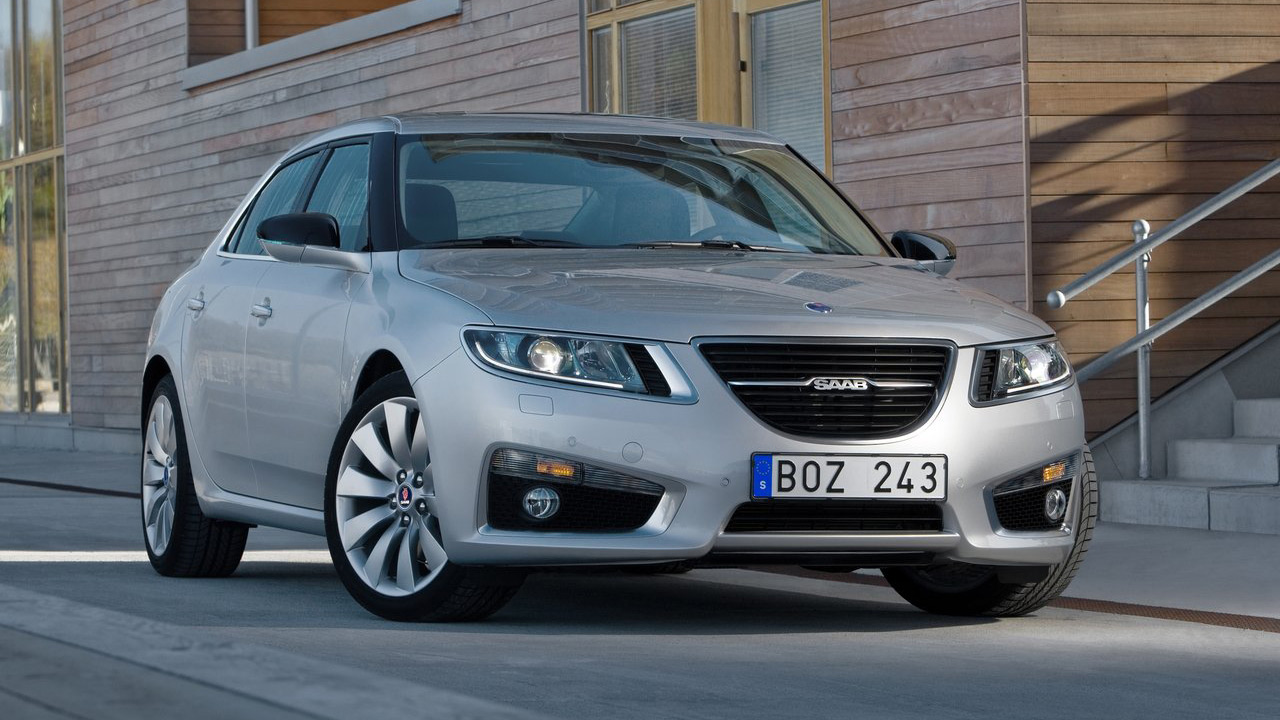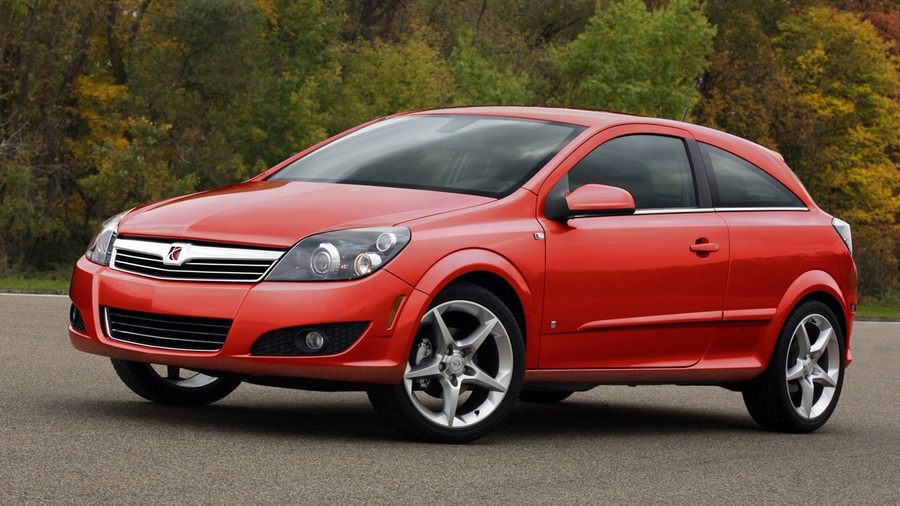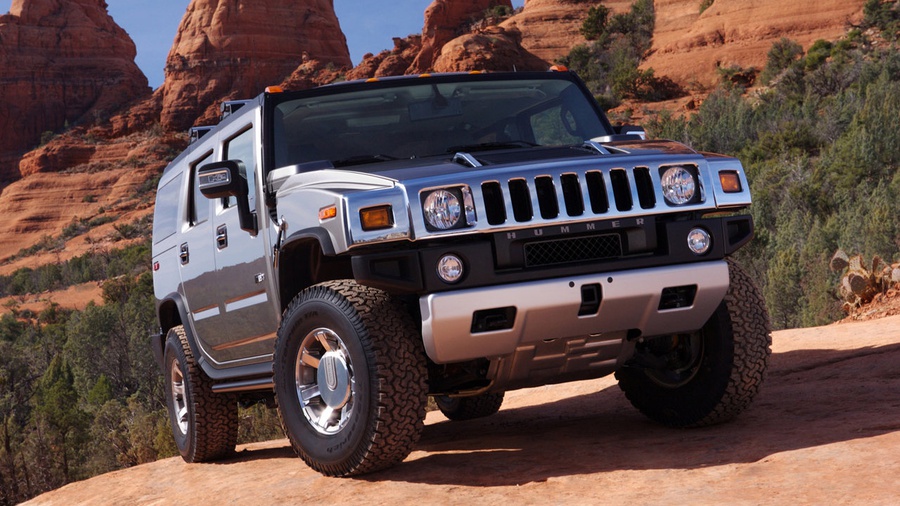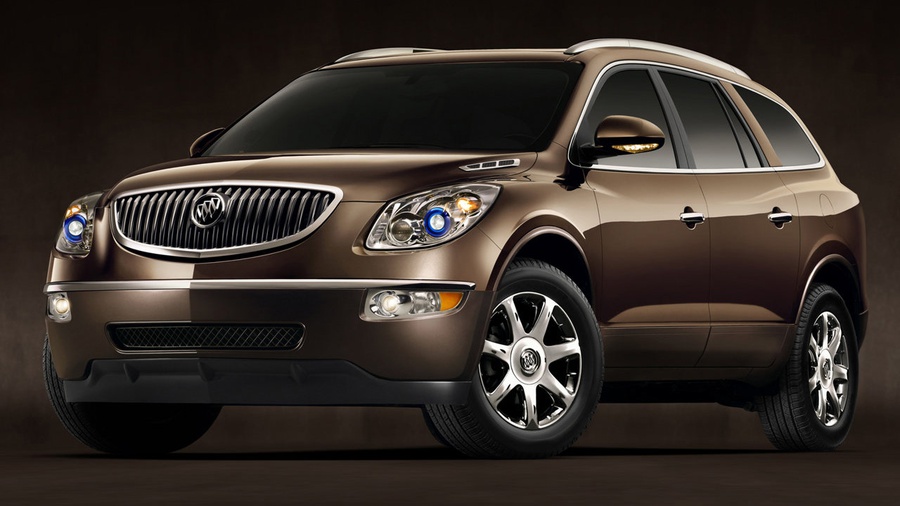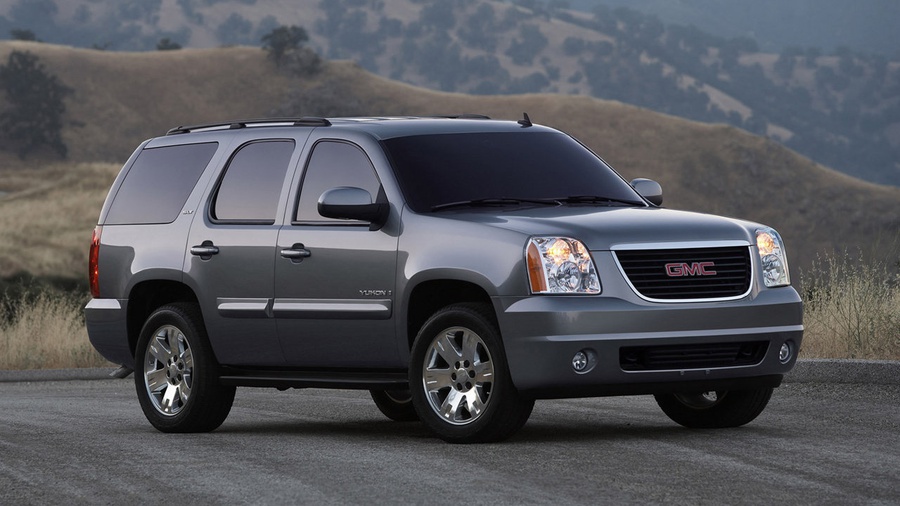The 2008-2009 period was rough for Detroit's Big 3 automakers. While Ford never technically filed for bankruptcy - although it did receive some of those bailout funds - GM and Chrysler did. GM seemed to have it the worst, as the automaker had to get rid of four of its divisions in order to stay afloat. But how did GM pick those four divisions? A recent interview with former GM executive Bob Lutz sheds some light on the automaker's thinking at the time.
Motor1 recently chatted with Lutz about what inspired GM to kill off Saab, Saturn, Pontiac, and Hummer instead of, say, Chevrolet, Buick, GMC, or Cadillac. Lutz detailed all the arguments and all the logistics that went into the death of each brand.
On Pontiac, Lutz says that he fought for the brand, but the higher ups just weren’t having it:
"I dug my heels in. But their hearing aids were turned off, they said, ‘It’s a lousy brand, it’s been unprofitable for years.’ I pointed to all the signs of brand health; Youthful buyer enthusiasm for the brand, etc. I just wasn’t able to put it over the goal line. So unfortunately it died. I still consider that to be borderline a tragedy."
With Saab, Lutz said he had been trying to convince his bosses to do away with the brand for years, but things kept getting drawn out. He calls the brand “goofy”:
"I had been trying to convince my boss at GM for years we should get rid of Saab, and it was always wait until next year, wait until the next year, wait until next year—and next year never came. It was a goofy brand that was off the mainstream, and every time it was made more mainstream, we didn’t sell any. And when it was goofy, which the automotive press loved, there were only 100,000 people in the whole freakin’ world that wanted one."
Lutz's comments on Saturn are interesting in that he admits that such a brand had no reason to exist anymore, especially with Chevrolet nearby. The brands were constantly stepping on each other's toes. For example, the Chevrolet Malibu Hybrid and the Saturn Aura Green Line were essentially the same car with a $745 price difference between them:
"Saturn I was glad to be rid of. There was no longer any reason for the Saturn brand. Chevrolet was just as good and just as reliable. And all of the dealer networks had learned in the meantime that you don’t screw the customer if you want to stay in business. The reason Saturn was formed kind of went away. Saturn was another mouth that we had to feed with limited capital. So okay, Saturn can go."
On Hummer, Lutz says they should have done with the brand what GM is doing now: Make it a part of GMC. Spinning Hummer into its own brand meant that they had to give it a lineup of vehicles it didn’t really need.
"We could not save Hummer, which was a mistake going in. Hummer never should have been a brand, it should have been a vehicle in the GMC lineup. It should have been Hummer by GMC, and that way you could have added one to the GMC dealer body, and when that one was worn out, you could replace it. But the minute we made Hummer a separate franchise we had to feed it with a full lineup of vehicles. We had the H1, which never sold in any significant number. The H3 did well. The H2, which was Wrangler and Bronco-sized, it would have been a smash hit. But I had to admit Hummer the brand was a mistake going in."
Lutz even talked about how both the Buick and GMC brands were being considered for the chopping block. He says the Obama administration and bankruptcy attorneys all wanted to cut GM down to just Chevrolet and Cadillac, with Buick getting the axe. The brand survived because of its popularity in China:
"Chapter 11 intervened and the Obama-appointed, all-New York finance guys—who didn’t have a clue about the automobile industry—said, ‘General Motors is going to be Chevrolet and Cadillac only.’ We argued and said we’ve got to keep Buick because if you drop Buick in the US, it’s going to die in China, and it’s one of the leading brands in China. So don’t do that. So we were able to save Buick."
GMC was nearly cut because it was deemed too similar to Chevrolet. The brand’s profitability however changed minds.:
"GMC they wanted to drop because it was a version of Chevrolet. And we showed them the profitability of the GMC brand and the GMC brand health. Many people would not own any other GM brand, they had a very high opinion and owned a GMC sport utility or truck."
It is enlightening to gain an understanding of the rationale behind the decision to divest from these brands. Had circumstances been slightly different, GM might have evolved into a company with a significantly different profile.
Source: Motor1
